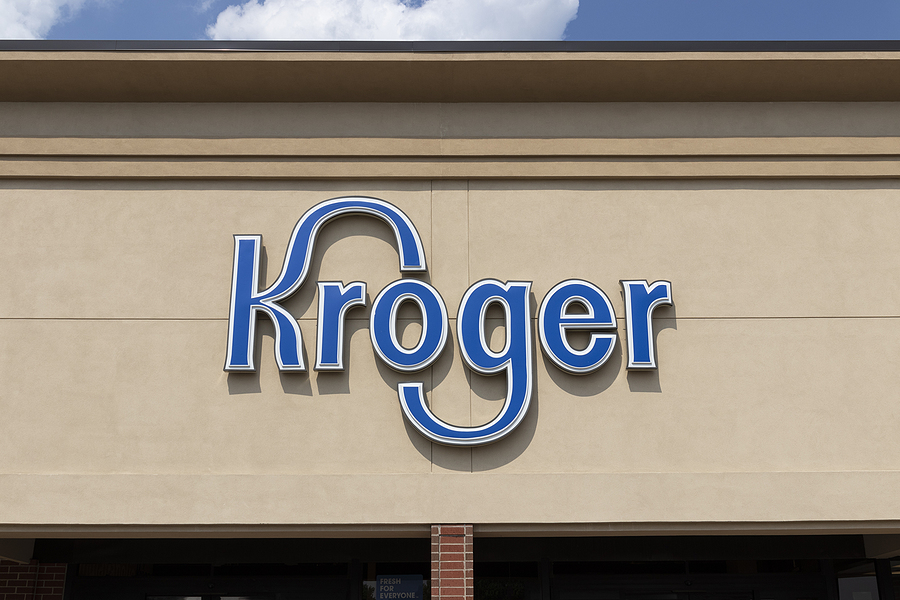The proposed merger between Kroger and Albertson’s was recently halted pending a ruling in a Colorado lawsuit. While this case is in the court system, there are actions lawmakers who care about food prices can take to limit the influence of the Big-is-Bad narrative from driving up the cost of living. Lawmakers should repeal bad laws like the Robinson-Patman Act before it’s too late.
The attorney general for Colorado wasn’t the only government entity to raise concerns. The Federal Trade Commission filed a complaint against the proposed Kroger and Albertson’s merger. The complaint focuses some on consumer effects, but a significant part of the complaint is focused on labor, specifically union labor.
Moving away from a consumer focus in the grocery market may not end with mergers. A lesser-known law, the Robinson-Patman Act, was sidelined for its concern of competitors over consumers. While it is an unused tool in the FTC’s toolkit, it may not stay that way long.
Politico has reported that the agency plans to use this law to target soda producers and liquor distributors. While cases have not been filed, consumers should be concerned because the bill was sidelined because of its negative effects on their welfare.
The Robinson-Patman Act prohibits different pricing for different buyers for the same commodities. This act fell out of favor after a 1977 report from the Department of Justice concluded that “unfortunately, Robinson-Patman, so just in principle, cannot be supported as a net benefit to American society because its real effects as an economic regulatory statute are on balance more costly than beneficial to society.”
In 2007, the Antitrust Modernization Commission recommended repealing the Robinson-Patman Act based on its protection of “competitors over competition.”Even measuring the act according to the intended purpose of protecting small businesses is a failure. As noted in a Mercatus Center analysis, a 1990 study found that most of the businesses subject to Robinson-Patman Act complaints were small and medium size. This means that the firms the act was intended to protect are the victims of its faulty enforcement.
The focus on competitors over consumers is why some argue that the act should be used to stem the tide of Dollar Stores, which are increasingly acting as low-cost competitors to traditional grocery stores. While these proponents argue that consumer welfare could be harmed if Dollar Stores drive grocery stores out of business, it is more certain that eliminating or reducing a low-cost option would harm consumer welfare, especially for those with the lowest income.
A common defense of the act by its proponents is that there is no evidence of it raising consumer prices. The critique speaks to the lack of quantitative research measuring the act’s effect on pricing. However, the Supreme Court’s decision in Utah Pie v. Continental Baking Co. found a violation of the Robinson-Patman Act even though no competitor was forced from the market and consumers benefited from lower prices.
Such a decision supports the critique that the problem is that the act’s purpose is fundamentally inconsistent with the antitrust goal of promoting competition.
However, Congress has yet to act, which means the FTC has additional tools in its toolkit that it can use to disrupt markets at the cost of consumers.
Rather than rely on courts to reject bad cases from the FTC, lawmakers should step up to protect consumers by repealing the Robinson-Patman Act rather than hoping it continues to be ignored.


